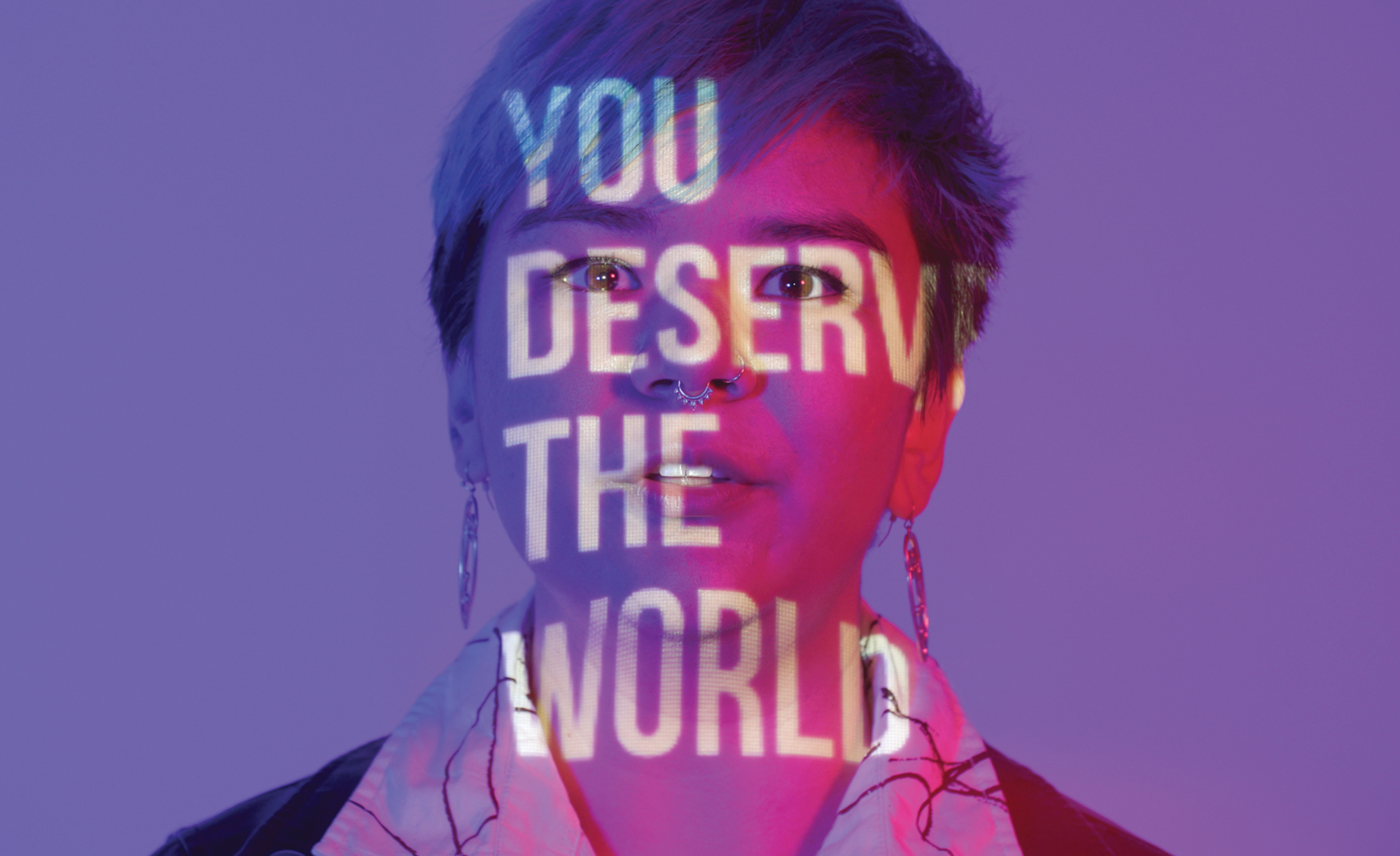

What to do with this knowledge that our living is not guaranteed?
—Aracelis Girmay, “Elegy”
During this latest shiny new catastrophe,
while I lie in bed and luxuriate in the silk
of my sadness, a friend’s text lights up
my screen: You deserve the world. Not
this world, hostile and unkind, but the one
we are building in the lines of poems,
in our wildest melatonin dreams, in the dirt
of our gardens and the recipes passed down to us
in a language that we have not yet forgotten.
I catch glimpses of it in the tsunami
of voices that floods the streets after another life
is snatched from a mother’s grasp, their demands
for justice impossible to ignore. I feel it
in my friend’s deliberate knuckles massaging
coconut oil into my scalp, how their steady
hands unworry my brow. Everywhere I look,
aliveness. I open my cupboard to discover
the plump red face of a tomato that I forgot
to turn into pasta sauce, now blooming
soft tufts of mold, the stubborn insistence
of life in even the harshest conditions. I slice
the tip of my finger while chopping cloves of garlic,
and before the first drop of blood has blushed
the counter, it coagulates at the edge of the wound—
a miracle, this body, how it has already begun
to heal before I’ve even registered
the hurt. When I say You deserve the world,
what I mean is this is not the first apocalypse
we have survived. The world has ended before,
and before and before, and for some, there was
no after. We have watched its rind cracking open
like a freshly broken heart, and each time
we build and rebuild. We kiss our houseplants
on their leafy foreheads before we go
to sleep. We dress our bodies in the most
brilliant light. We dance like the empire is dying,
water the ground where it once stood, and watch
what blooms, lush and verdant, in its wake.
Commissioned by the University of Washington.
Ally Ang is a 2021 graduate of the UW Master of Fine Arts program in creative writing, with a focus on poetry. They are currently a development associate at Seattle’s Hugo House, a nonprofit writing center named for Richard Hugo, ’48, ’52, a two-time finalist for the Pulitzer Prize in poetry.